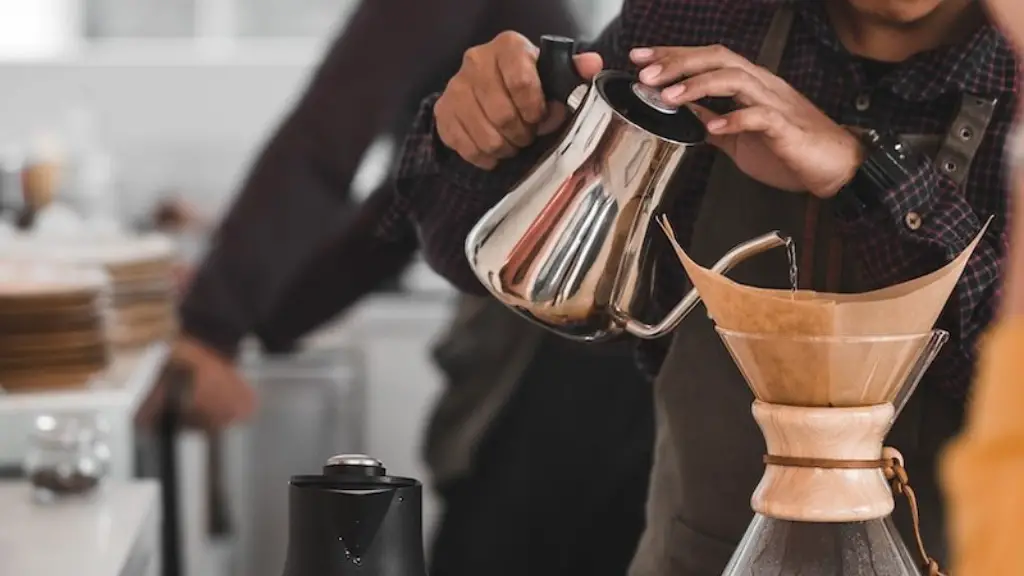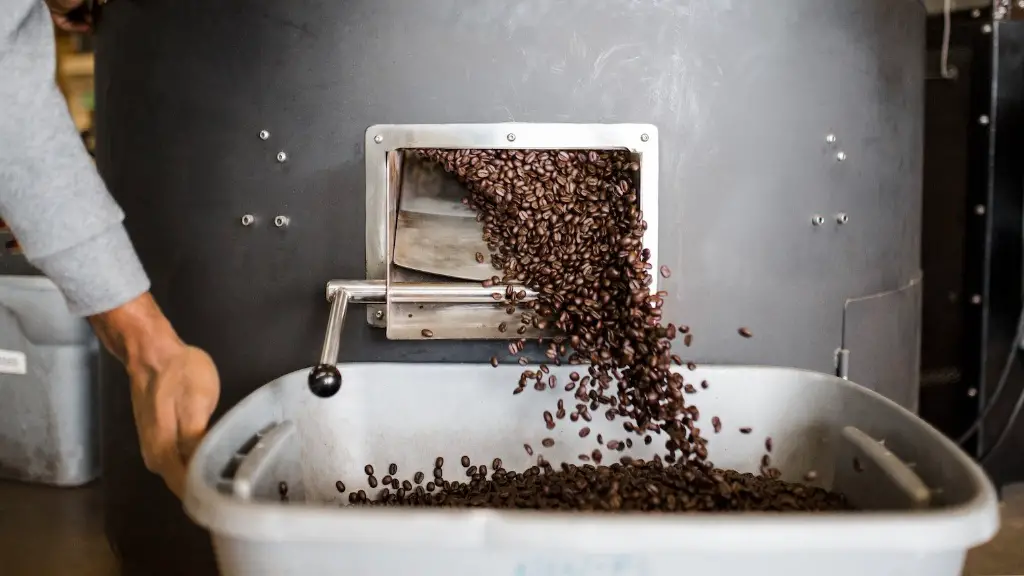Organic coffee is an increasingly popular choice for many coffee drinkers. According to the Organic Trade Association, organic coffee sales in the US surged to $2.6 billion in 2017, a jump of 14.3% from the previous year. Organic certifications guarantee that the beans used in the organic coffee have not been exposed to synthetics, such as fertilizers or herbicides. In addition, organic farming methods often yield beans of a higher quality, due to the lack of artificial aids and increased attention to soil management.
In response to this market demand, Starbucks began to offer organic and Fairtrade certified coffee in several markets, especially in Europe and North America. The most easily recognizable organic option is the Organic Blend Whole Bean, which is sold in North America and Europe. However, Starbucks’ organic options may not be as easily obtainable in other regions. As such, Starbucks isn’t as readily available in organic markets as other popular coffee brands like Tim Hortons and Folgers.
Though some organic beans are available from Starbucks, there may be a restricted selection compared with other organic brands. Organic retailers may have more organic varieties, with different roasts, blends, and flavoured beans. Additionally, some organic options may come from more socially responsible sources, for example, certified organic farmers who are adequately paid for their labour and efforts.
On the other hand, Starbucks does have some positive attributes from an organic perspective. For example, it sources its coffee from farms that practice sustainable agriculture and promotes fairtrade. Starbucks also has several fairtrade certified coffees, including the Fairtrade Certified Blend and Fairtrade Certified Blonde Roast. In addition, Starbucks also sells some of its coffee in compostable, biodegradable bags.
While there may be limitations regarding the organic coffee offered by Starbucks, there are some important sustainability efforts that the company is making in order to become more environmentally conscious. One of the initiatives is Starbucks’ global farmer support centers, which are dedicated to providing technical support to farmers and creating more sustainable coffee farming practices. Starbucks has also made a commitment to switch to 100% ethically sourced coffee, aiming to achieve this by 2020.
Sustainability
Sustainability is an important issue for any coffee retailer, and Starbucks is no exception. In recent years, the company has made several commitments to incorporate more sustainable practices in its business. For instance, the company’s Ethical Sourcing Program provides resources and education to coffee farmers, helping them to optimize their production and earn higher incomes. Starbucks also works with conservation organizations to promote sustainable coffee farming practices, such as improving soil quality and supporting biodiversity.
In addition to its sourcing and production processes, Starbucks has taken steps to reduce waste in its operations. The company has introduced a recycling program and has pledged to reduce its greenhouse gas emissions. Starbucks has also taken a lead in developing the first compostable cup, and is offering a variety of rewards and discounts to customers who use reusable cups.
Products
The majority of Starbucks’ coffee products are not organic, but the company does offer some organic options. There are several Fairtrade Certified products, including some coffees, teas, and cocoa. Starbucks also sells some coffee products that are certified USDA organic, such as the Organic Blend Whole Bean.
Apart from its roasted coffee, Starbucks has also developed a range of instant coffee products, including Starbucks VIA Ready & Brew and Starbucks Better Brew. While these products are not necessarily organic, they do offer convenience and can be stored in pantries and drawers, making them a great option for those who require their coffee quickly.
Prices
Organic coffee is commonly seen as being more expensive. However, when compared to other coffee products, organic coffee is generally much more affordable. Starbucks offers a range of prices for its organic products, ranging from $8-10 for the packs of Organic Blend Whole Bean and up to $18 for Starbucks VIA Ready & Brew organic instant coffee.
Benefits
Though organic coffee may cost more, there are many benefits of drinking organic coffee. As mentioned previously, organic coffee is free of synthetic fertilizers and pesticides and is produced in such a way as to benefit both the environment and the farmers who grow the coffee beans. Additionally, organic coffee has been found to be higher in antioxidants, which may have positive health benefits.
Final Thoughts
Overall, Starbucks does offer some organic options, which may be preferable for those who are conscious of their health, the environment, and the origins of their coffee. However, some organic brands may have a wider variety of organic coffees, which may be more cost-effective and environmentally friendly.

